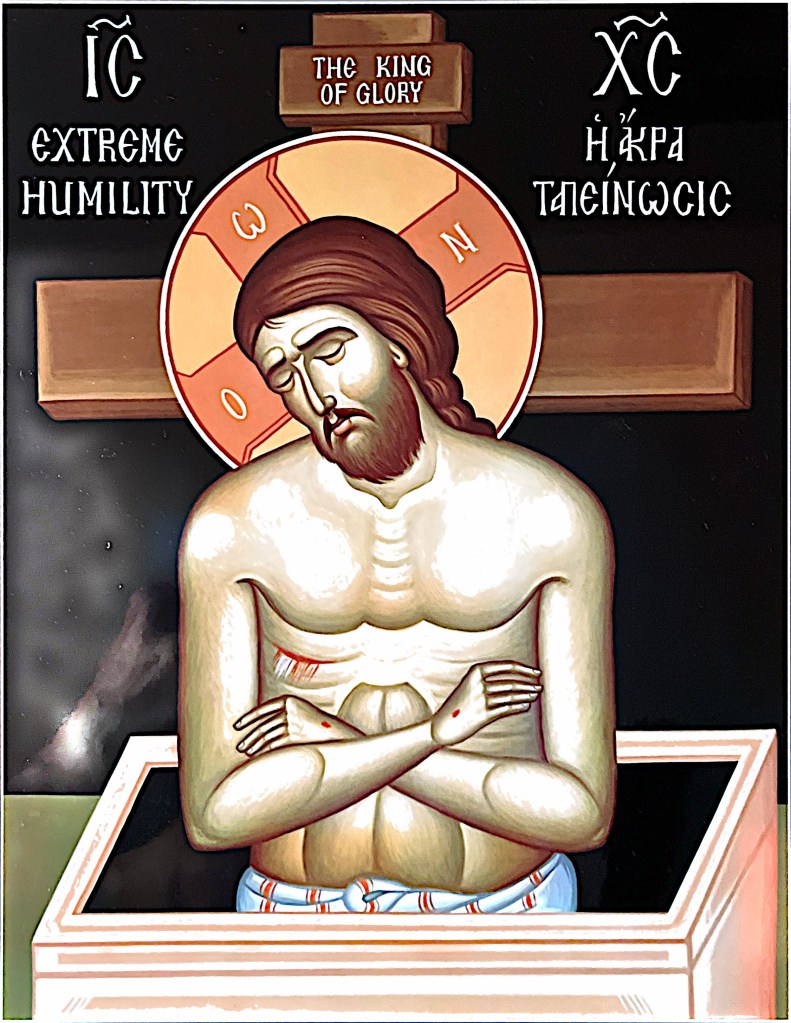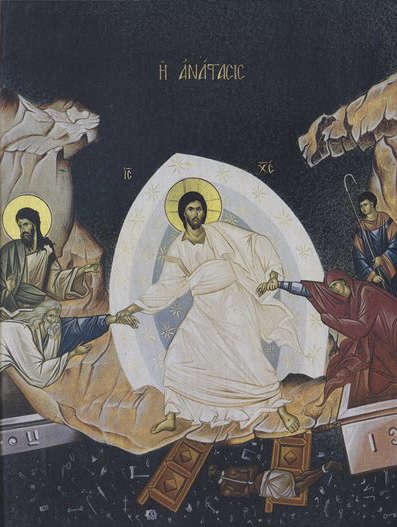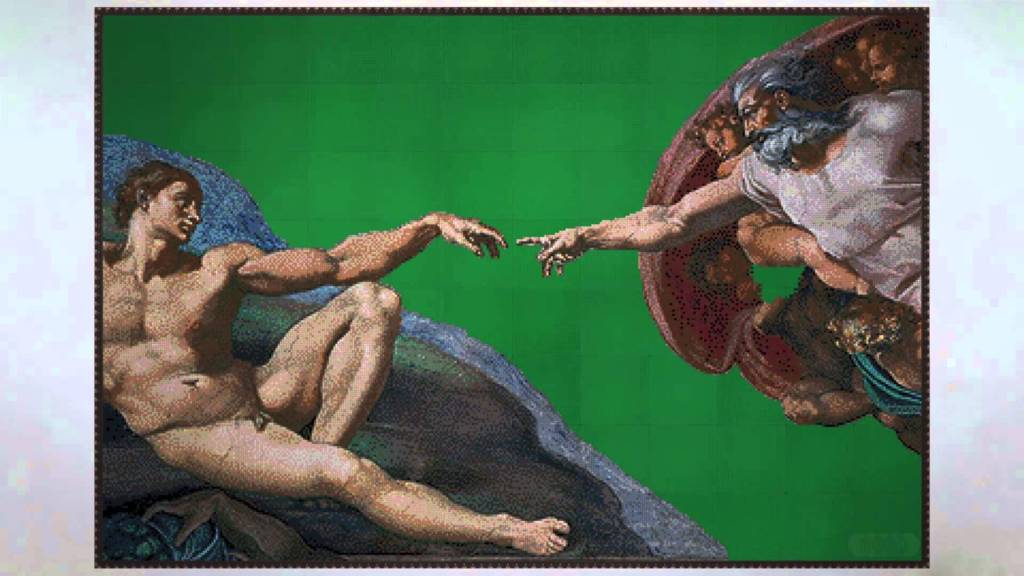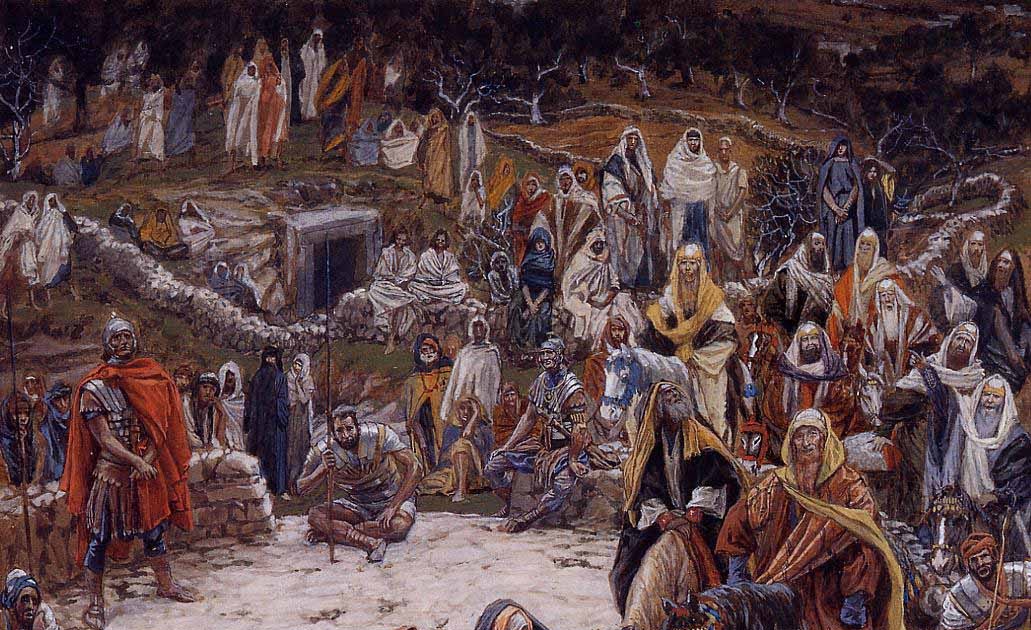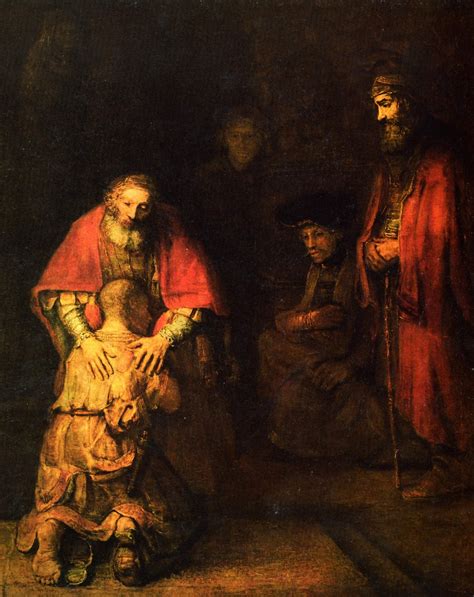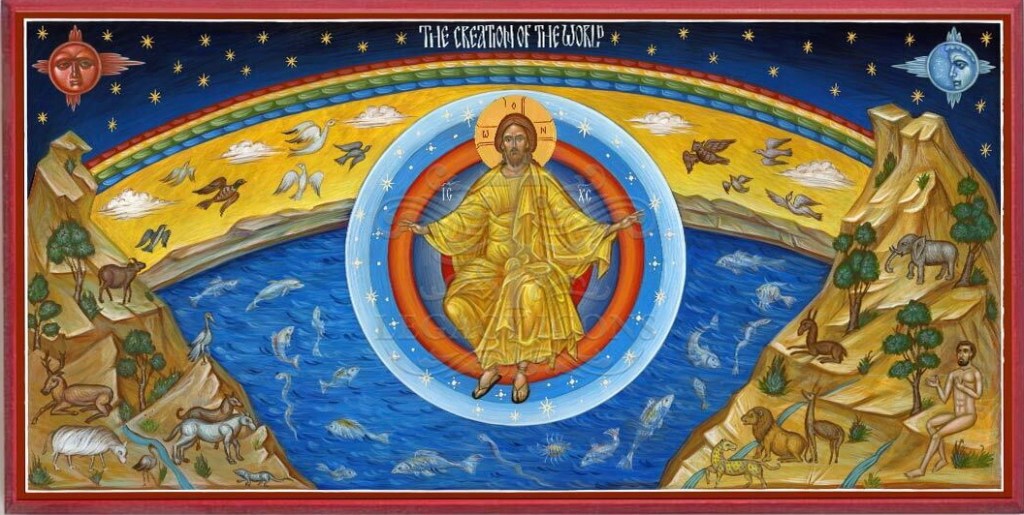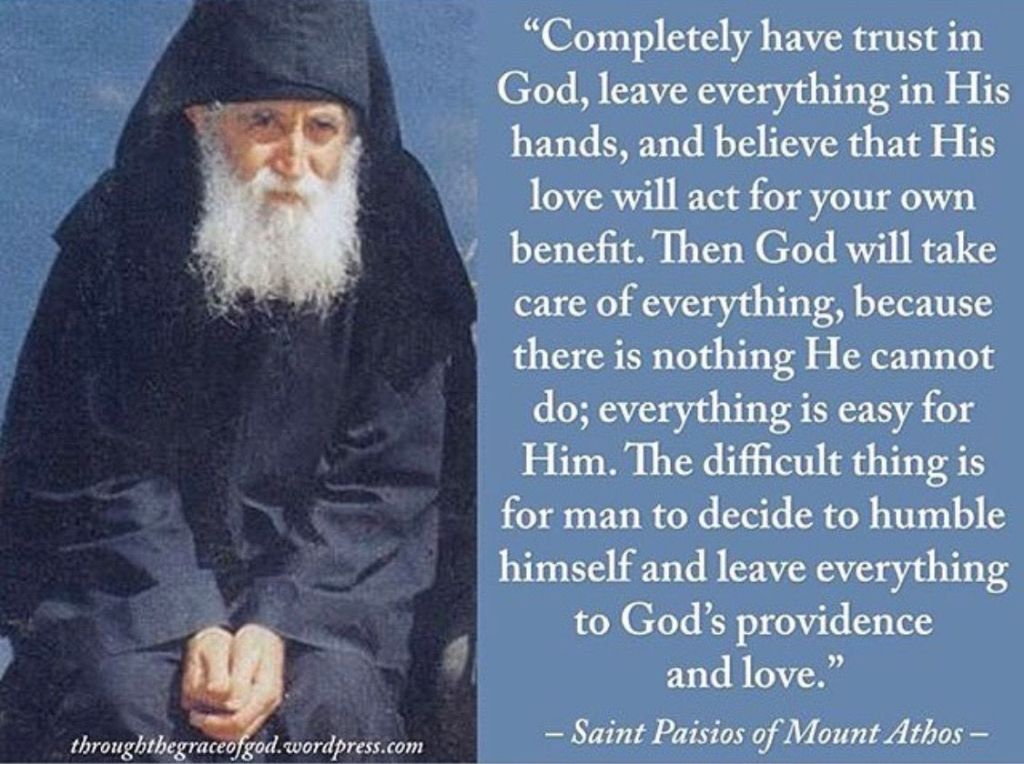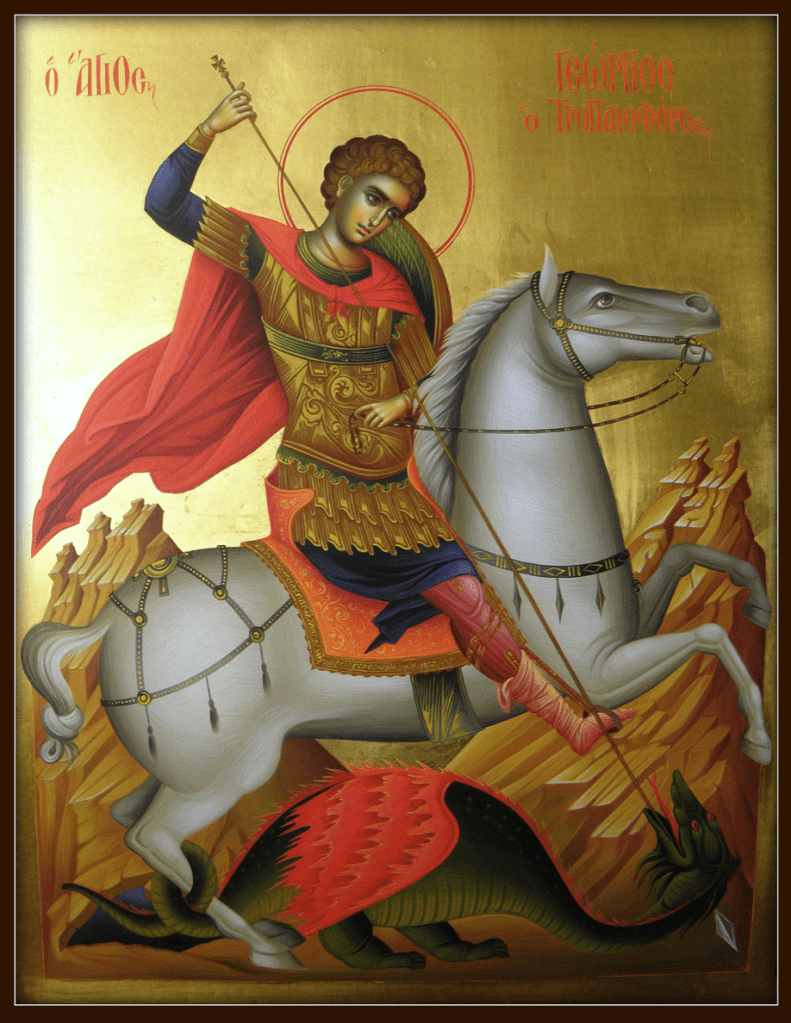Tags
Bedrock, Christianity, Extreme Humility, God, Holy spirit, Jesus, Kiss, Love, Trinity, Trust
I once heard a joke. It went something like this:
A comedian dies and goes to Heaven. He is ushered into the presence of God and almost immediately says, “Hey God, I have a joke for you.” The comedian then proceeds to tell God a joke about the Jewish Holocaust.
“I don’t get it,” says God.
“I guess you had to be there,“ replies the comedian.
I can’t get that joke out of my mind. I think it’s because it touches a thin spot in my faith.
I’m not asking the obvious question posed by the joke: Where are you in our suffering, God? Questions of this nature are often grouped into the problem of the “Hiddenness of God.” “Why did you remain hidden during the holocaust?” is the question of the joke. “Why, God, didn’t you stop it?” Theologians and philosophers have wrestled with this question for many centuries. Many thousands of God’s people have cried out from their misery, “God, why have you forsaken me?” It was Jesus’ cry from the cross. Theological and philosophical answers do exist, but in the midst of suffering they may be of little help.
Neither am I asking the question of how God and evil can co-exist, or better stated, how can an all-knowing, all-loving, all-powerful God not stop the evil in this world. This question was popularized by Rabbi Harold Kushner in his 1981 book, When Bad Things Happen to Good People. The so-call “Problem of Evil” has been around for a long time and philosophers and theologians have been wrestling with it since before Plato. If you are interested, like the previous question, there are some very good answers—called “theodicies”—usually focusing on the free will of mankind. Suffering, however, is usually not alleviated by academic answers.
No, I’m not asking either of these questions, at least not directly. I’m asking the more fundamental question: Why did you do it this way, God?
I believe that God is with us in our suffering, even if he remains hidden. I believe that the God of Christianity exists and that the free will of angels mankind has brought evil into the world, as Origen puts it:
God did not create death; he did not create evil; but he left to human beings, as to the angels, freedom in everything. Thus through their freedom some rise to the highest good, others rush headlong into the depths of evil. But you, man, why do you reject your freedom?1
But—and here is the heart of it for me—why is God so set on protecting our free will at the cost of the suffering of a single, innocent child?
Dostoyevsky comes closest to explaining my angst in his novel, The Brothers Karamazov. Middle son Ivan tells his younger brother Alyosha a poem about an old Roman Catholic priest who stands before Jesus and rails against him for giving us freedom. When Jesus was tempted in the wilderness by Satan and was dared to turn stones into bread to satisfy his hunger, Jesus said, “Man does not live by bread alone but by the words that come from God.” The priest accuses Jesus of having too much respect for mankind, of miscalculating the strength of our faith. Only a few, cries the old priest, can have the faith; the rest of us are too weak-willed and will gladly sell our freedom to anyone offering us bread. You, Jesus, should have known that. You have indeed given us freedom, says the old priest, and “we have paid dearly for it.”
Ivan’s accusation against God is quite well argued and the poem takes a full chapter to unfold. Dostoyevsky was afraid that his character had argued too well in his accusation against God. It is a powerful argument, indeed. Is the free will of humanity worth the suffering of millions or of even a single, innocent child? Wasn’t there some other way for God to accomplish God’s endgame?
At the end of Ivan’s poem, the old priest waits for Jesus to justify his actions. The poem ends with this: Jesus “had listened intently all the time, looking gently in his face and evidently not wishing to reply. The old man longed for Him to say something, however bitter and terrible. But He suddenly approached the old man in silence and softly kissed him on his bloodless aged lips. That was [Jesus’] only answer to His accuser.”
The priest tells Jesus to go away and to never return.
That God doesn’t answer our questions is nothing new. In the Old Testament, God allows Satan to go after the righteous man Job (rhymes with “lobe”). Satan causes Job’s ten children to die, causes him to loose his considerable wealth, and ruins his health. Job asks why…Job cries out to God in his anguish; God’s response is to ask Job why he thinks God would do something that is not good for Job.2
Solomon, the Old Testament king and wisest man to ever live, wrote that it is impossible for mankind to discern the ways of God.3
A modern day, protestant writer, Oswald Chambers notes that we can ask God, “Why?”, but God will not answer; rather he reveals himself to us.4
Another modern-day writer, Catholic priest Henri Nouwen writes that God does not solve all our problems or answer all our questions. Instead, as we live with our questions we will find that God is “leading us closer to the mystery of our own existence where all questions cease.”5
I don’t think that I’m a particularly special person in God’s creation such that he would explain his ways to me (as though I could understand them anyway) when he has been silent about it for so long. And yet my question persists: In the midst of the past, present, and future manifestation of evil in the world—and in my own heart!!—why is this the way of creation?
In the New Testament, Jesus makes a particularly bold statement that could easily sound to his audience as though Jesus was telling them they had to engage in cannibalism to follow him (“You must drink my blood and eat my body to be my follower”). Many of his followers walked away because it was simply too hard to follow him.6 To those who remained, Jesus said, “Are you going to leave me, too?” Peter answered for them saying, “Where else would we go? You [Jesus} have then words of eternal life.”7
That is where I find myself. On the one hand, God values my freedom to choose him or to choose otherwise more than he abhors our individual suffering, the suffering of those we love, and the peoples of the world. That is a hard, hard truth to swallow. On the other hand, where else would I go? Jesus is the only way to eternal life with God.
When speaking of his understanding of his own actions and beliefs, philosopher Ludwig Wittgenstein said this:
If I have exhausted the justifications, I have reached bedrock and my spade is turned. Then I am inclined to say: “This is simply what I do.”
I have exhausted my search, yet my question persists. But, I have hit bedrock and my spade is turned. I am my own the desert like the wandering Jews of old, wondering where God is. To them, Moses said, “Your choice is between life or death. It’s time to choose. Choose life.”8
I choose life, but for me it cannot be a blind “leap of faith.” Rather it is a leap of trust. In Dostoyevsky’s poem, the answer Jesus gives the old priest is a kiss. Therein lies my answer, my true bedrock: the kiss of Jesus. I have questioned Jesus and he has kissed me on the lips, and in my own anguish I have been very slow to recognize it as such.
Jesus took on human form, lived among us, let us kill him, he descended into hades, then rose from the dead to show he has defeated the curse that has kept us all captive. He has come to offer to us ultimate healing from the sickness of sin—in his own words, he came to “preach the gospel to the poor; He has sent Me to heal the brokenhearted, To proclaim liberty to the captives And recovery of sight to the blind, To set at liberty those who are oppressed.”9
To the right is this same biblical story in the form of an icon called Extreme Humility. Giving me freedom is not an act of uncaring on God; rather, it is the act of God who loves me more than I love myself. And my freedom from the captivity of sin—my healing—this is Jesus’ kiss on my lips…and is far more “valuable” to me than an answered question.
When I struggle with my question, when the storm clouds return and the winds of evil howl around me as they often do, I return to this icon and remember his kiss. It is the bedrock upon which my trust in God is built.
Jesus said:
Therefore whoever hears these sayings of Mine, and does them, I will liken him to a wise man who built his house on the bedrock:and the rain descended, the floods came, and the winds blew and beat on that house; and it did not fall, for it was founded on the rock. But everyone who hears these sayings of Mine, and does not do them, will be like a foolish man who built his house on the sand:and the rain descended, the floods came, and the winds blew and beat on that house; and it fell. And great was its fall.”
–Matthew 7:24-27.
1 The Roots of Christian Mysticism. Olivier Clement.
2 Job 40:6-8
3 Ecclesiastes 8:17
4 My Utmost for His Highest. Oswald Chambers. Jan 2.
5 Spiritual Direction: Wisdom for the Long Walk of Faith. Henri Nouwen.
6 John 6:32-66
7 John 6:67-69
8 Deuteronomy 30:15-20
9 Luke 4:18

